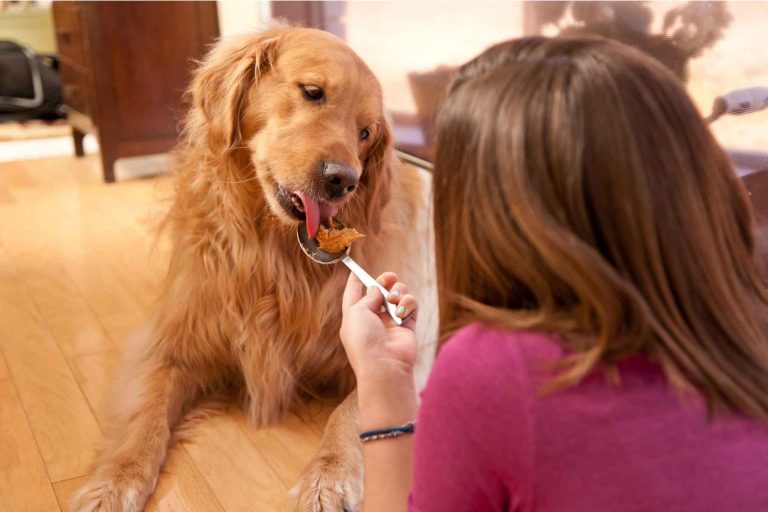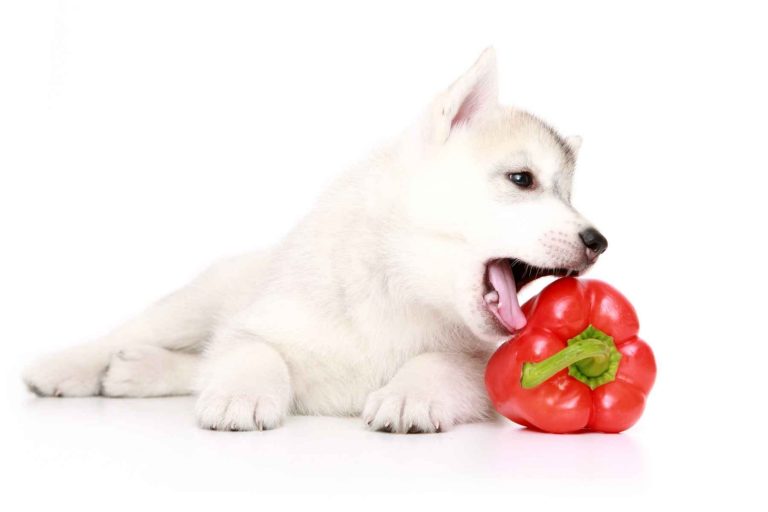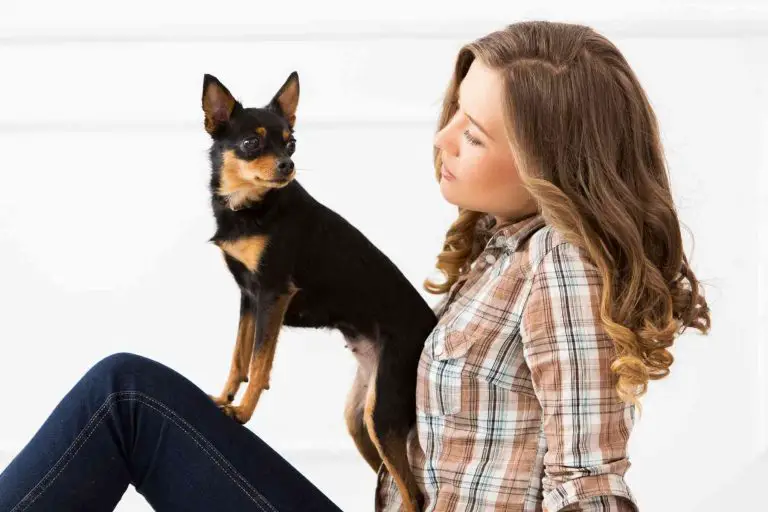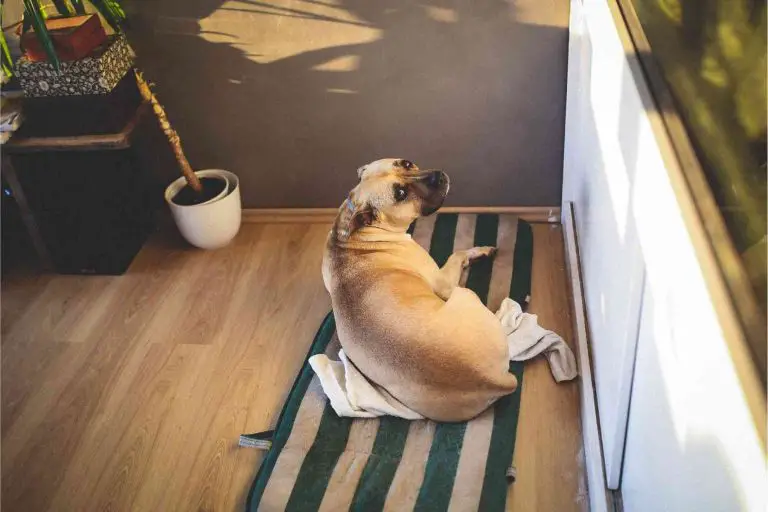Why Does My Dog Kick His Back Legs Randomly?
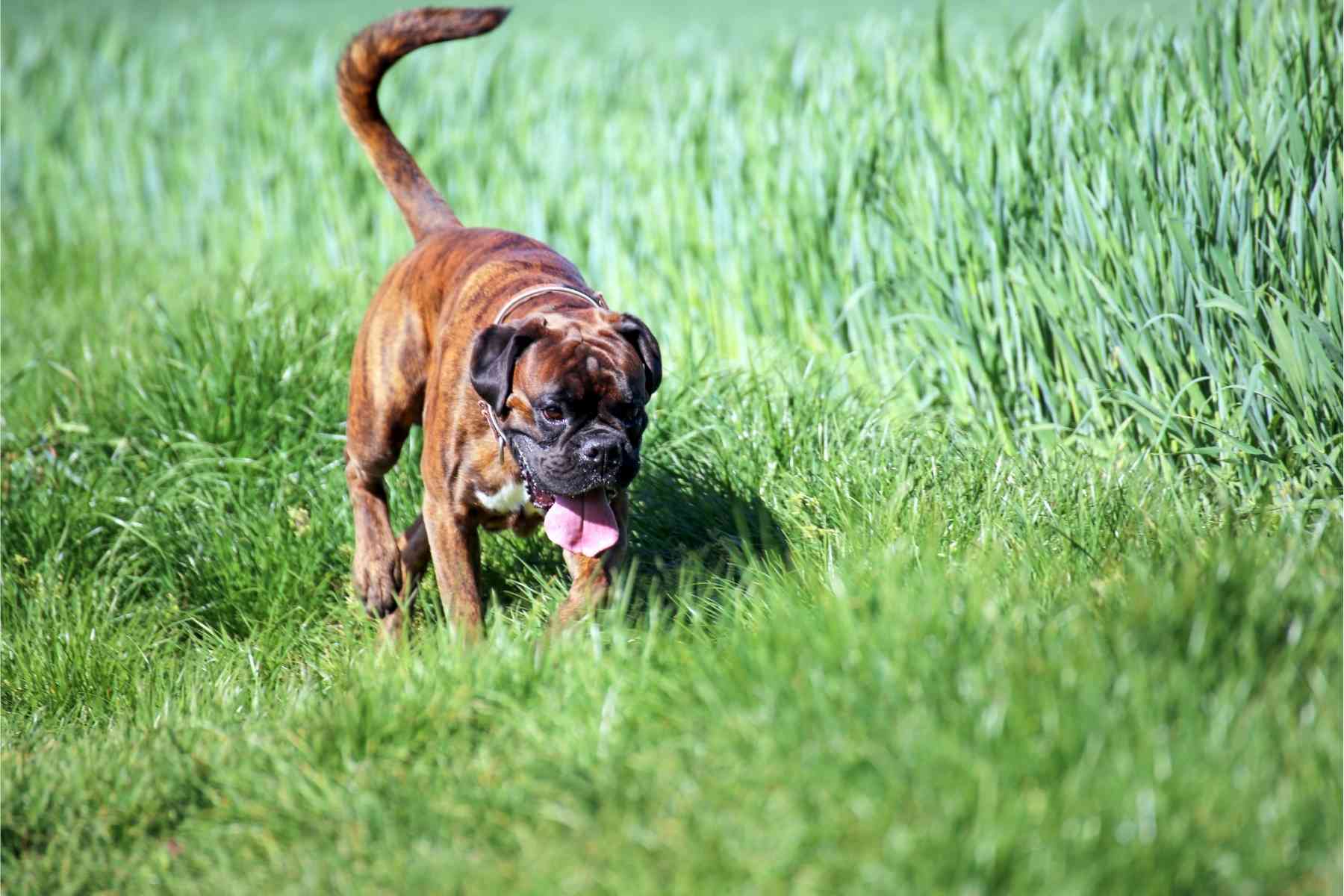
Introduction
Understanding your dog is a great thing, but often, dogs do things that seem confusing and illogical. If you have ever seen your dog kicking at the ground, apparently randomly, you might be wondering what on Earth it is doing and why it does this.
There are a number of potential explanations, and it depends on the context that the dog does this in. Some dogs do this after toileting, and some do it because they are excited by something. Often, kicking is also due to territory marking, feelings of dominance, or sometimes even health conditions.
Let’s explore all these potential explanations so you have a better idea of what your dog is doing and why!
Toileting Kicks
You may have observed your dog kicking in this way when it has done its business. It is not known exactly why they do this, and some dogs hardly do it at all, while others are very enthusiastic. There are a few potential explanations.
One common one is that the dog is scoring the ground after urinating. This is because the scent of urination is not long-lasting, and therefore it will soon be gone. If the dog wants other dogs to know it used that spot, it will mark the ground with its claws.
This is a sort of territory marking, which we will discuss further down, but it isn’t the only potential explanation for this behavior.
Others think that kicking after pooping is a sign of dominance over other dogs and that only high-ranking dogs (in cases where the dog belongs to a pack) will do it. It sends a visual signal to the nearby dogs.
Some people say that dogs do this kicking in an attempt to cover up their urine or feces, but this is not thought to be the case by most experts. A dog is perfectly capable of burying its waste if it wants to, so it seems more likely that this is an attempt to send a message to other dogs – whether they are present or not.
Excited Kicks
If your dog seems to be kicking its legs completely at random, with no connection to any event, it may just be feeling particularly happy and enthusiastic.
Dogs, like any animal, get excited, and your dog may choose to show its feelings by leaping around and kicking.
Again, the extent to which they do this varies from dog to dog. Some individuals will never do this, and others seem hardly able to keep their feet on the ground. They may throw themselves around with great enthusiasm and excitement, and you might even find that you have to calm them down, especially indoors.
Excited kicking does not say very much, except that your dog is happy. It may result from being given a treat, seeing a favorite person, or simply from playing. It will usually be connected with something positive, which may help you to identify this particular kind of kicking.
Territory Marking
Sometimes, dogs kick to mark their territory. Their paws have scent glands in them, so rubbing the pads sharply across the ground leaves marks that other dogs will be able to pick up on.
The scent that is transferred by the paw scent glands will last for longer than the scent of urine, so this is a good way for the dog to mark the things that belong to it. You might see your dog do this on all sorts of objects.
They will do it both inside and outside their homes, at favorite spots in the local park, on toys and beds, and sometimes even on their people – which can be a painful experience.
Dogs may do this whether they are submissive or dominant. They are simply telling other dogs about the things that belong to them so that other dogs do not try to claim these things.
Dominant Behavior
If a dog feels threatened by another dog or a person, it may start to kick its back legs around. A dog that has been startled or is encountering a new dog or person is more likely to do this than dogs that are at ease and comfortable.
Again, this is related to scent marking and does not indicate that your dog is just about to leap on the “threat.” Your dog is rubbing its scent upon the ground to show that it is there and it is not planning to leave.
This behavior is mostly associated with dominant dogs that feel something or someone is encroaching upon their territory. Your dog may settle down if the threat is removed, or it may continue to mark the territory in this way until it is satisfied.
You will not be able to smell the scent that your dog leaves with its paws. Human noses simply are not sensitive enough to pick up on these smells, but you can be sure that other dogs will detect them and probably avoid the area because it has been claimed.
If your dog has kicked you, other dogs may be interested in smelling the place where its feet landed, because this is where the smell is strongest. Don’t be surprised if they then move away from you, acknowledging that your dog has “claimed” you!
Sleep Cycle
Some dogs, especially young dogs and elderly dogs, will randomly kick out when they enter the REM stage of their sleep cycle.
This may be due to dreaming or other body processes that cause muscle spasms. It is nothing to worry about, but gently wake your dog up to check on it if you are concerned.
Health Problems
Unfortunately, kicking the back legs can sometimes indicate that there is something wrong with the dog. If the movements seem uncontrolled and not related to any of the above sections, it is possible that your dog is having a seizure. This can often affect the back legs.
Usually, this will be accompanied by tremors, twitching, and sudden muscle spasms in other parts of the body than the legs.
Seizures can vary in seriousness, and minor ones that only affect a single part of the body – such as the legs – are usually called petit mal seizures. If your dog has a grand mal seizure, it will pass out, and multiple muscle groups will contract.
Many different things can cause seizures. If your dog experiences one, even a minor one, you must contact your vet immediately to discuss the event. Remember to tell them about any other symptoms you are concerned about and how long the spasming lasted for.
Do not ignore a seizure. If you are unsure whether your dog’s kicking was from a seizure or for some other reason, it is still best to get it assessed by a vet. It may need medication to prevent further issues.
Some other health problems can cause kicking, such as degeneration of the hips, causing loss of control, or pain in the legs. A checkup is a very important next step.
Conclusion
As you can see, kicking randomly has a lot of potential explanations. In general, your dog will be engaging the scent glands in its paws to mark its territory or leave messages for other dogs, but it may be just delighted to see you!

